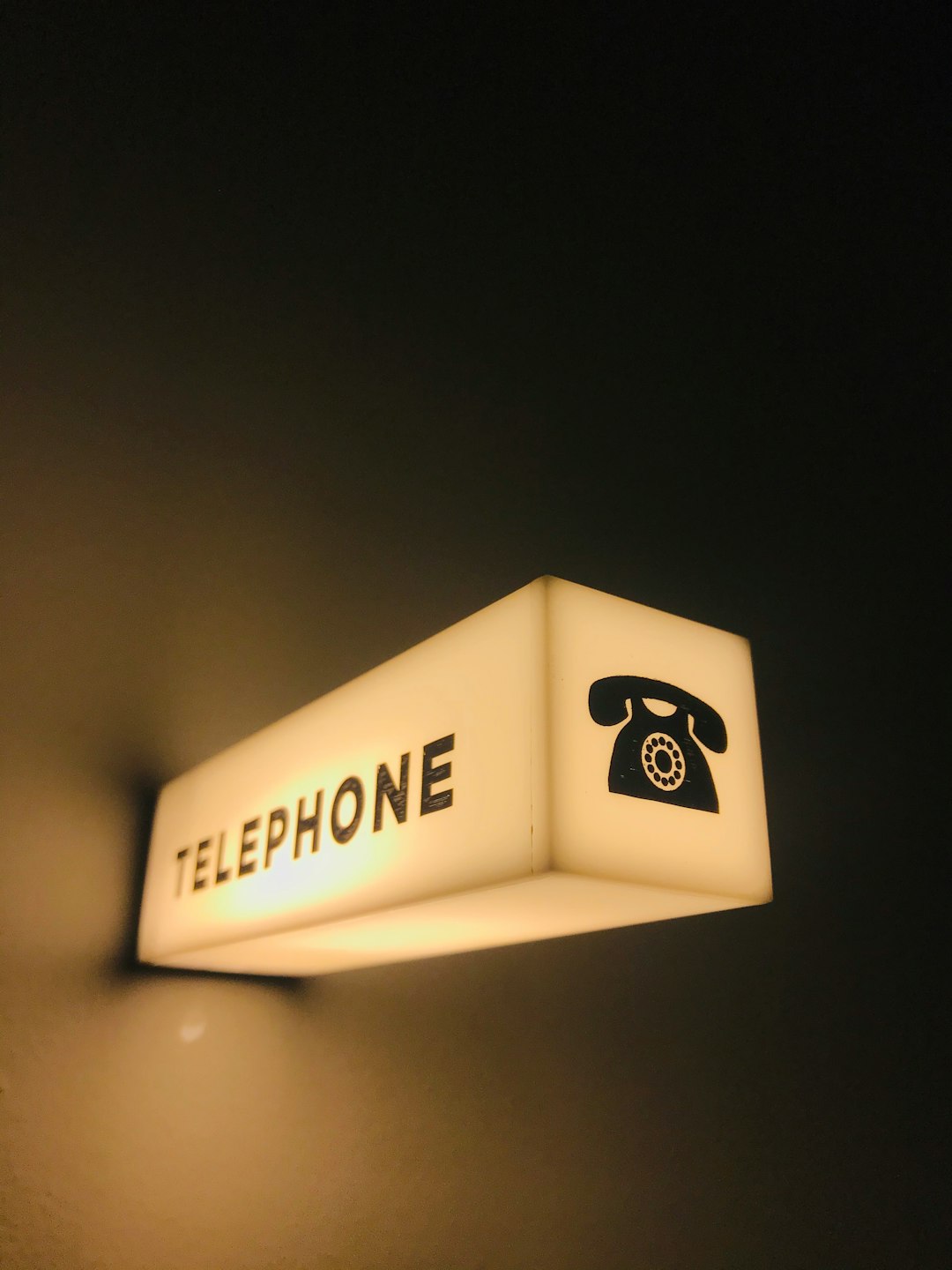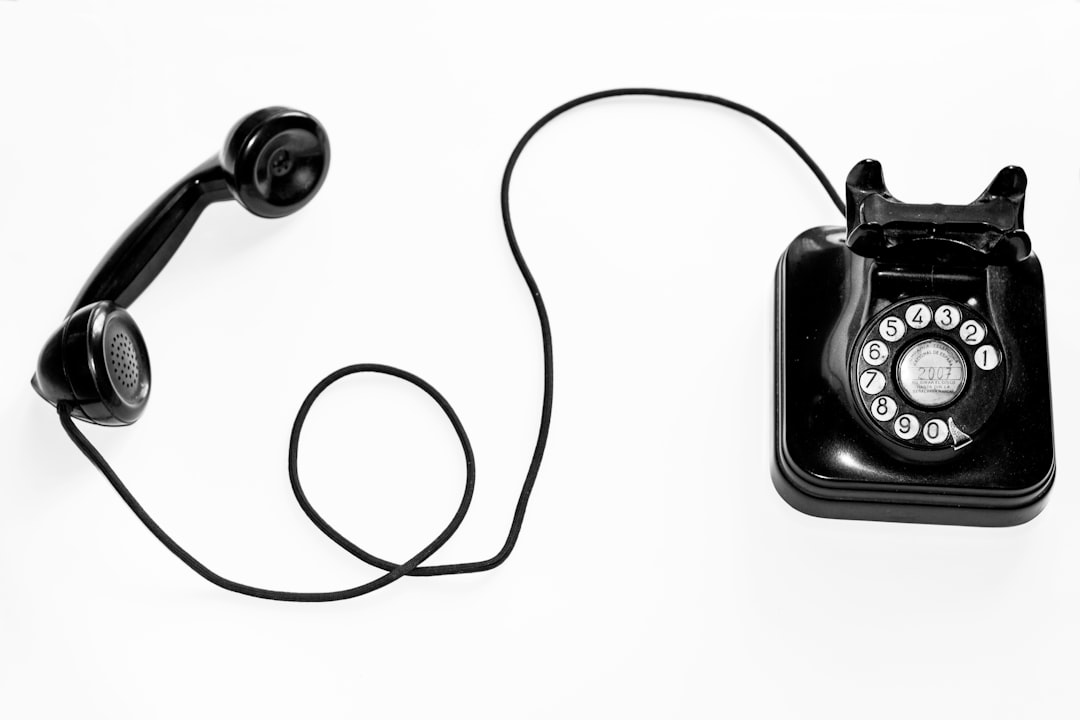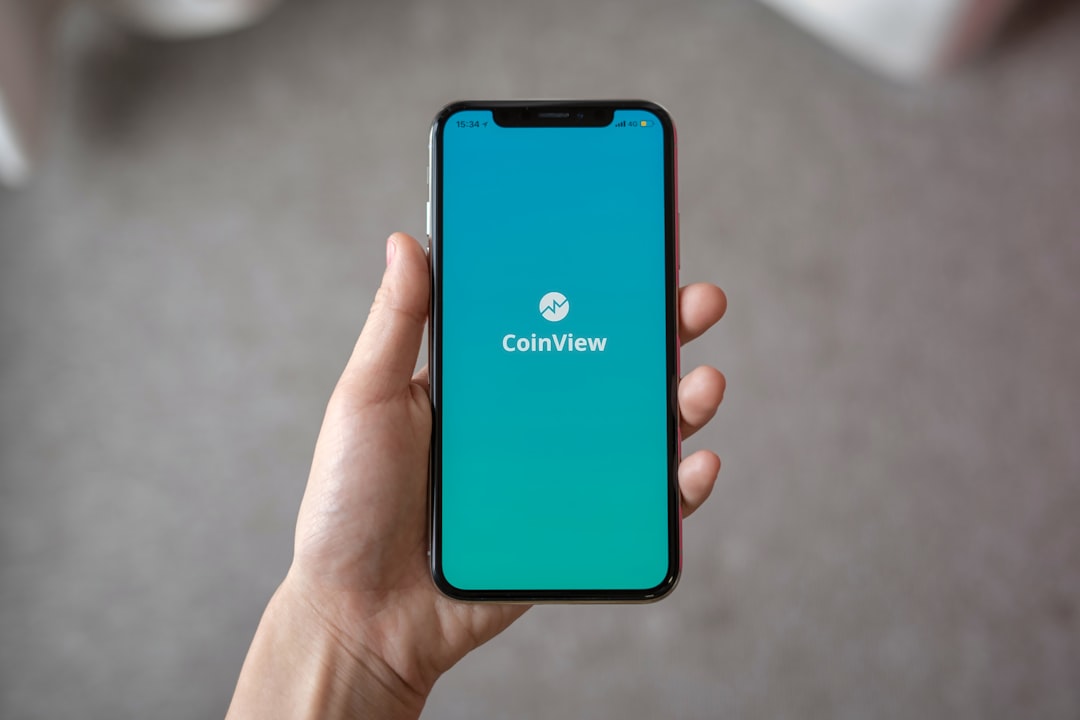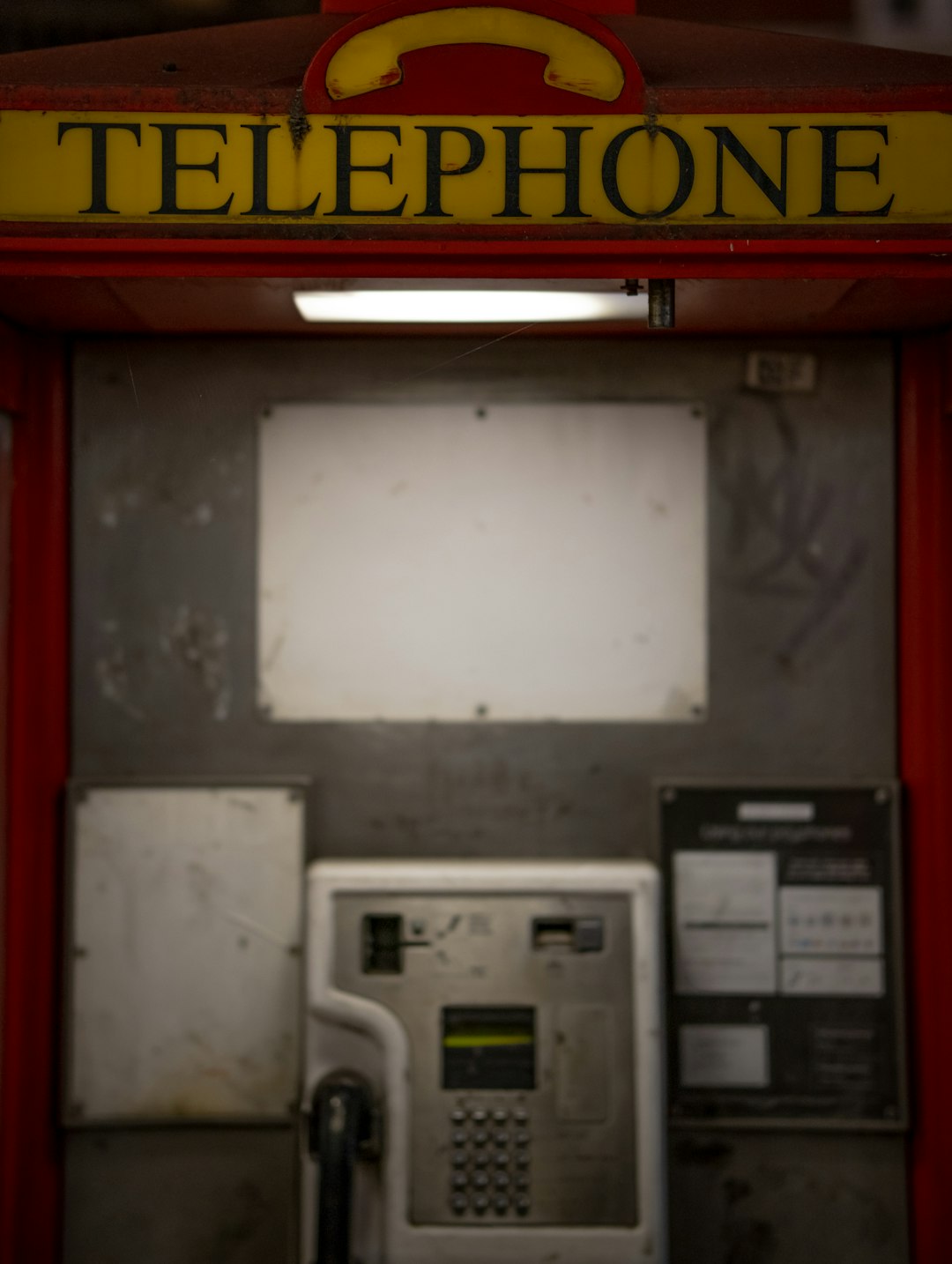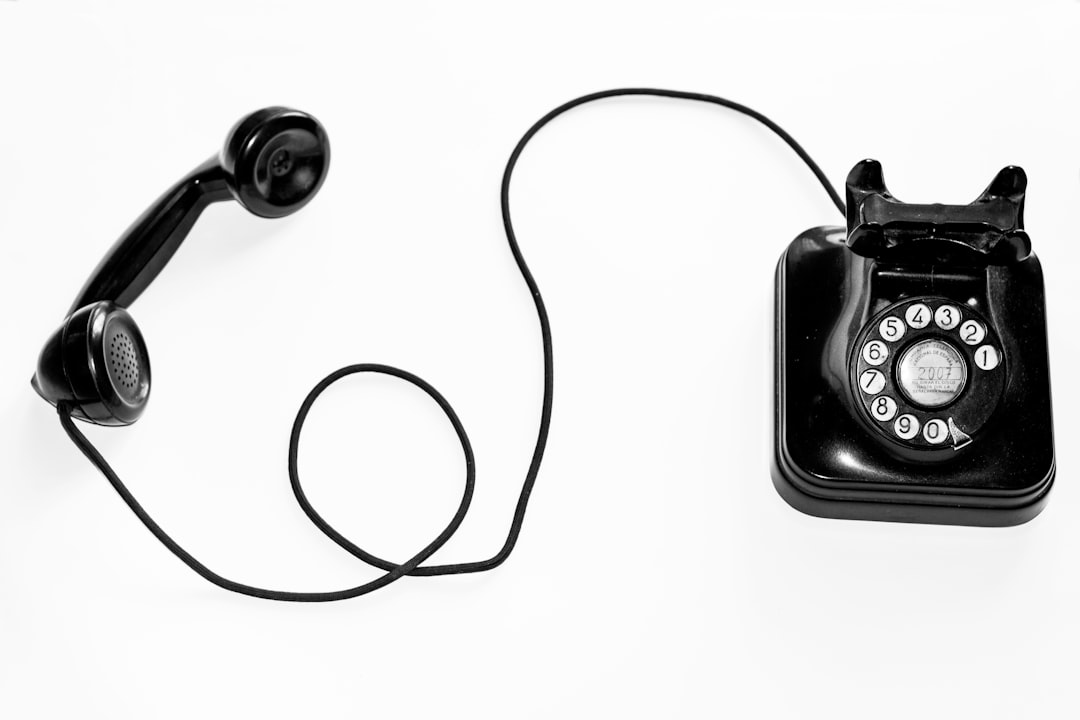Robocalls are a growing issue in Maine, with many residents receiving intrusive marketing or financial offers. While traditional Do Not Call lists are less effective due to technological advancements, Maine's strict privacy laws empower residents to control their phone lines. Specialized apps like Hiya, NoCall, and Truecaller combat robocalls, offering protection against unwanted calls and scams. Maine's Do Not Call Act prohibits most commercial calls, including those from law firms using automated systems. By optimizing app settings, using telecommunications company tools, and exploring state-specific guidance, residents can minimize robocalls from law firms and maintain a calmer communication experience.
Tired of unwanted robocalls inundating your Maine lines? You’re not alone. These automated calls can be intrusive and harmful, but Maine offers legal protections through its robust Do Not Call laws. This guide explores top Maine apps designed to block robocalls, delving into app settings for maximum protection. We’ll also share additional tips and resources to ensure a robocall-free experience, empowering you to take control of your communication. Discover how to navigate the legal landscape and leverage available tools to stop robocalls once and for all in the Pine Tree State.
Understanding Robocalls and Their Impact in Maine
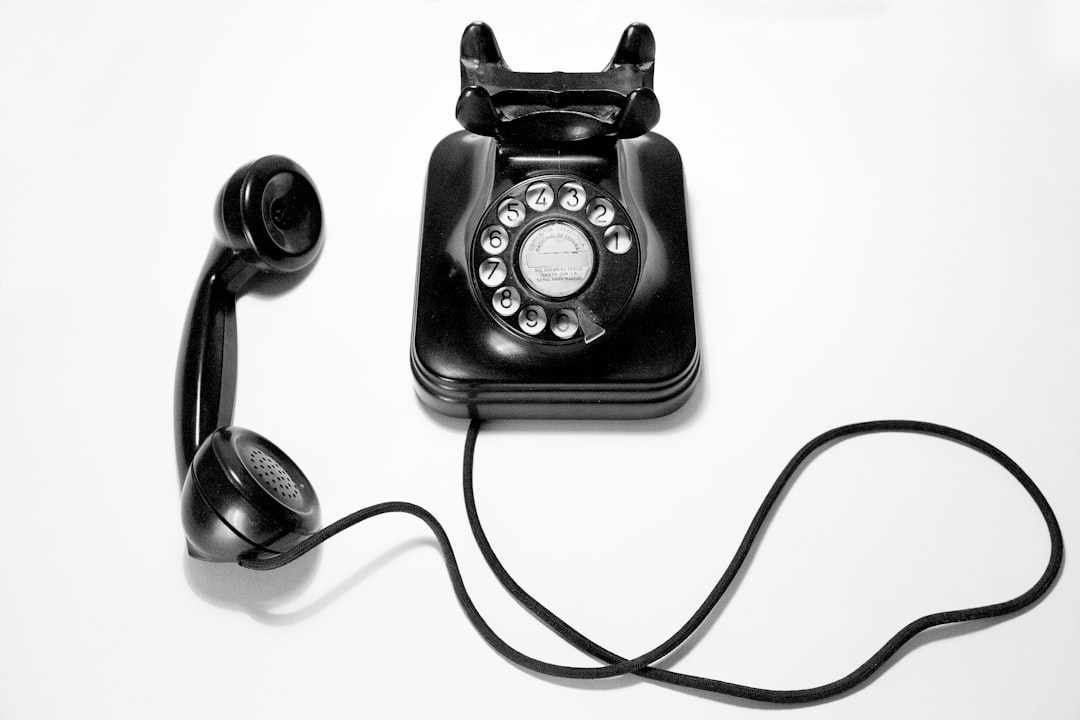
Robocalls, automated phone calls often delivering pre-recorded messages, have become a widespread nuisance across Maine and beyond. While some robocalls offer valuable information, such as those from local services or government agencies, many are unwanted and can be particularly intrusive when they involve marketing or financial offers. In Maine, where privacy laws are stringent, residents expect to control their phone lines. Unfortunately, with advancements in technology, scammers and businesses have found ways to bypass traditional Do Not Call lists, making it more challenging for Mainers to avoid these calls.
The impact of robocalls is significant. They not only disrupt peace of mind but can also lead to financial losses, especially when tied to phishing attempts or fraudulent activities. In Maine, where the phone call culture is deeply rooted in community engagement, this issue has prompted many to seek solutions. By utilizing specialized apps designed to combat robocalls, Maine residents can take control of their communication channels, ensuring they receive calls from trusted sources only while protecting themselves from potential scams and unwanted marketing efforts.
Legal Aspects: Do Not Call Laws in Maine
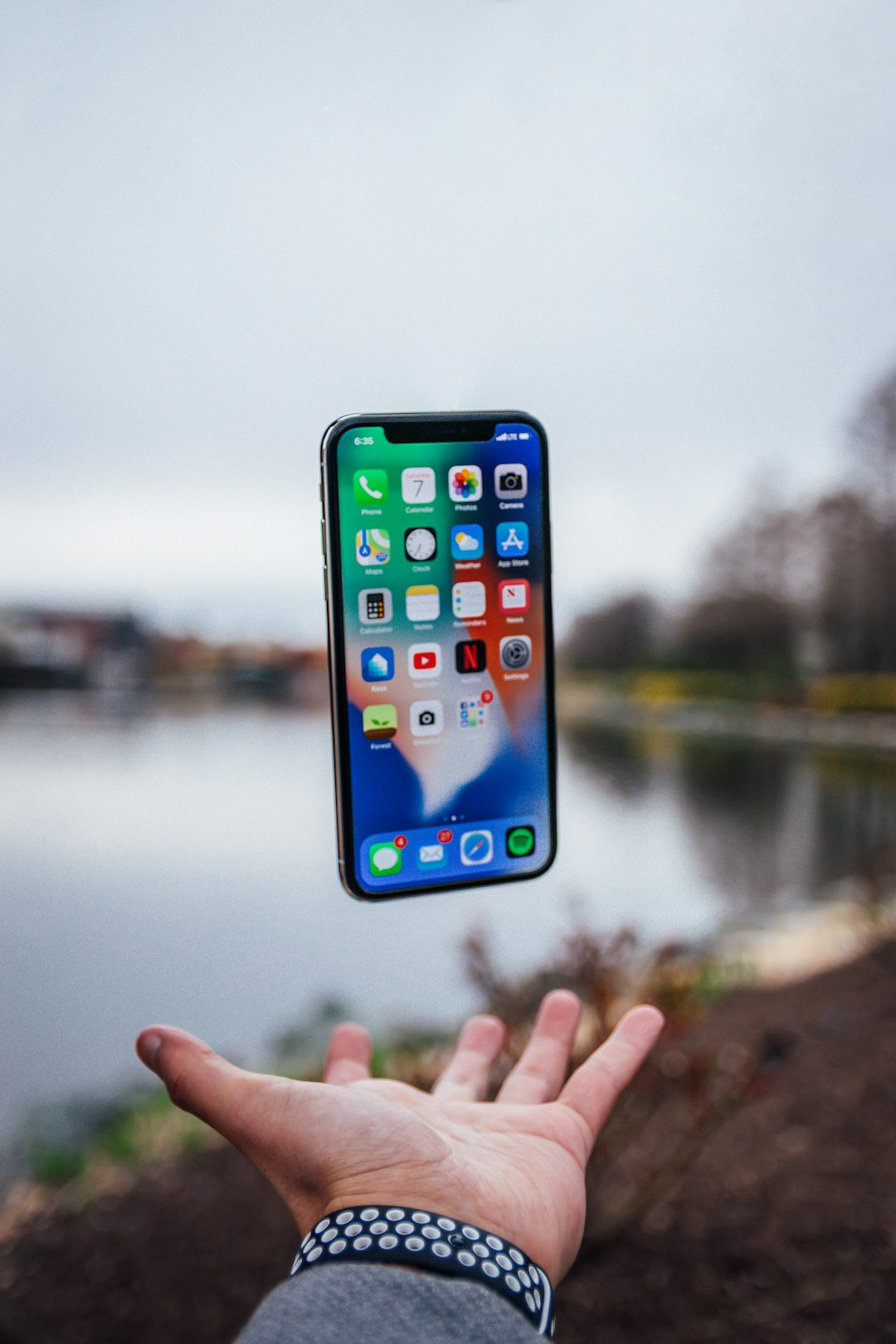
In Maine, as in many states across the country, there are strict Do Not Call laws designed to protect residents from unwanted telemarketing calls, including robocalls. The Maine Do Not Call Act provides individuals with the right to register their phone numbers on a state-maintained list, effectively blocking most commercial calls. This law applies not only to live callers but also to automated or robotic calls, commonly known as robocalls.
By registering your number, you assert your privacy rights and send a clear message that pre-recorded marketing messages are unwelcome. It’s important to note that certain types of calls, such as those from non-profit organizations, government agencies, or surveyors, may still contact you even if your number is registered on the Do Not Call list. However, these exceptions do not include robocalls from call centers or law firms using automated dialing systems for marketing purposes.
Top Maine Apps to Block Robocalls

In today’s digital era, robocalls have become a pervasive and annoying problem for many Mainers. Luckily, several robust apps are available to help combat this issue effectively. One popular option is Hiya, an app that uses crowd-sourced data to identify and block unwanted calls, including those from law firms attempting to engage in aggressive Do Not Call practices. Another highly effective tool is NoCall; it allows users to report and block robocalls while also providing detailed insights into call patterns.
For Maine residents seeking a comprehensive solution, Truecaller stands out. This app not only blocks spam calls but also offers caller ID, allowing you to identify and block law firm robocalls instantly. Its advanced algorithms learn from user feedback, continually updating its database of known spammers, ensuring a more robust blocking mechanism over time.
How to Implement and Optimize App Settings for Maximum Protection

To maximize protection against robocalls, users in Maine should carefully implement and optimize their app settings. Start by enabling the “Do Not Disturb” mode across all relevant apps, including those that offer call blocking features. This simple step can significantly reduce unwanted calls, especially from law firms or other persistent callers. Regularly update your apps to access the latest robocall-blocking technology; many apps use machine learning algorithms to adapt and improve their detection rates over time.
Additionally, customize app permissions to allow only necessary notifications. Restrict access to your contact list and call history to minimize data sharing with third parties. Many robust call blocking apps in Maine offer advanced settings, such as allowing you to create whitelists or blacklists of specific numbers. Utilize these features to ensure peace of mind while still receiving important calls from trusted sources, like family and close friends.
Additional Tips and Resources for a Robocall-Free Experience

To complement your efforts in blocking robocalls, consider exploring additional resources and implementing these helpful tips for a more robust defense:
Many telecommunications companies offer call-blocking features or apps that can automatically filter out unwanted calls. Check with your service provider to see what tools they provide. Additionally, the Federal Trade Commission (FTC) offers valuable insights and resources on how to handle robocalls. Their website provides a comprehensive guide on blocking numbers and reporting robocallers, empowering you to take charge of your phone line.
Furthermore, Maine-specific resources like the Maine Attorney General’s Office can offer guidance tailored to local laws regarding robocalls, including do-not-call regulations. Remember, while blocking and reporting are essential, staying informed about your rights and the legal framework surrounding robocalls is equally vital. By combining these strategies, you’ll create a more robust defense against relentless robocallers, ensuring a quieter and more peaceful communication experience.
